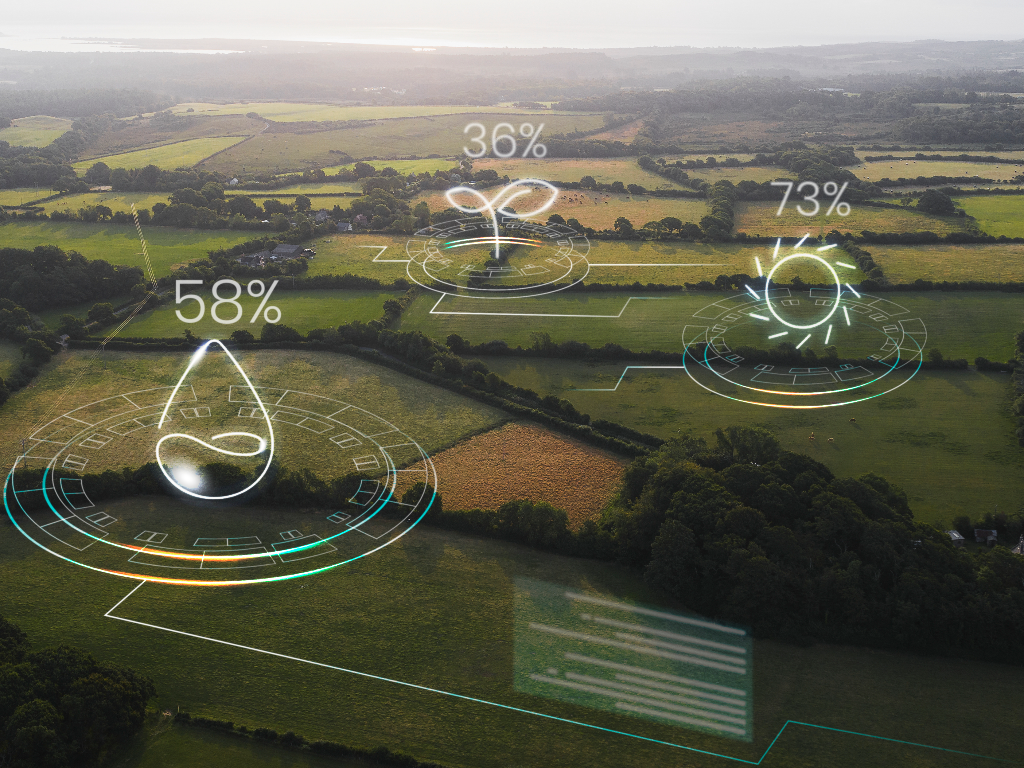By Sheela Tumaini, Kenya Sugar Board
The Kenyan sugarcane industry is a critical pillar of the rural economy, especially for smallholder farmers in the Western and Nyanza regions. However, the sector continues to face persistent challenges such as declining productivity, poor agronomic practices, climatic variability, and limited uptake of research findings. Embracing smart technologies is pivotal—offering a reliable path to revitalizing the industry, enhancing productivity and sustainability, and boosting the sector’s global competitiveness.
Leveraging Smart Farming and Precision Agriculture
Smart farming harnesses technology to monitor, analyze, and optimize agricultural processes. In the sugar industry, several technologies have the potential to revolutionize farming practices:
i. Precision Agriculture
-
Remote Sensing and Use of Drones: These tools enable monitoring of crop health, pest and disease spread, and allow for targeted field interventions.
-
GIS Mapping with Data Analytics: Used for soil and crop analysis, GIS can create detailed field maps for better land planning and decision-making.
ii. Smart Agriculture Systems
-
Soil Sensors: These devices automatically measure soil parameters like pH, moisture, and nutrient levels, supporting evidence-based decisions on fertilizer and irrigation needs. Soil sensors also power automated irrigation, which helps ensure efficient water use, especially in arid areas.
-
Irrigation Automation: Efficiently manages water use, which is especially important in drier zones such as Busia and Tana River.
iii. Mechanization
-
Automated Planting and Harvesting Machines: Particularly beneficial for large-scale sugarcane farming, these machines increase efficiency and reduce labor costs.
iv. Mobile Applications Providing Agronomic and Market Information
-
Mobile Apps: Platforms such as Miwabora and iShamba offer accessible information to farmers and stakeholders on market prices, agronomic advice, and general farming practices.
Challenges of Implementation
-
High Initial Costs: The acquisition of new technologies and the onboarding of professionals for implementation and maintenance can be expensive.
-
Limited Technical Expertise: There is a shortage of technical experts within Kenya’s agricultural sector, particularly among smallholder farmers.
-
Inadequate Infrastructure: Many rural areas still lack reliable internet coverage and electricity, which are essential for running these technologies.
Policy, Investment, and Institutional Support
Scaling up innovation in the sugar industry will require systemic action in policy, investment, and institutional support:
-
Incentive Programs: Government policies should create incentive programs for farmers adopting digital tools.
-
Collaborative Efforts: Partnerships between government, agri-tech companies, sugar millers, farmer unions, and research institutions are crucial.
-
Extension Services: Virtual learning platforms, demonstration farms, and innovation hubs can provide essential training and visual learning opportunities for farmers.
-
Improved Financing Options: Flexible financing models can help farmers adopt new farming technologies.
The revitalization of Kenya’s sugarcane industry depends on bold adoption of smart farming technologies, backed by collaboration among policymakers, researchers, factories, agri-tech companies, and farmers. Such efforts will foster sustainable innovation and secure the competitiveness of Kenya’s sugar sector in the global market.

